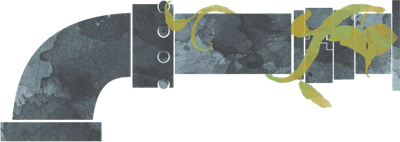 Since the 1980s academic researchers studying environmental pollution have repeatedly demonstrated what many communities of color and low-income communities have long asserted: poor people and people of color are systematically and disproportionally exposed to environmental hazards. Why is this the case? What does it mean to be a technical actor – whether an engineer, economist, planner, or scientist – trying to rectify environmental degradation given this context?
Since the 1980s academic researchers studying environmental pollution have repeatedly demonstrated what many communities of color and low-income communities have long asserted: poor people and people of color are systematically and disproportionally exposed to environmental hazards. Why is this the case? What does it mean to be a technical actor – whether an engineer, economist, planner, or scientist – trying to rectify environmental degradation given this context?
In partnerships with multiple community-based organizations, Engineering, the Environment and Society students will engage at the intersection of environmental justice, social justice, and engineering to demonstrate how problems that are commonly defined in technical terms are at their roots deeply socially embedded. Topics covered will include environmental engineering as it relates to air, water, and soil contamination; race, class, and privilege; expertise and knowledge production; ethics; and engaged citizenship.
This course is supported by the College of Engineering, the (ES)2 program (Engineering Scholars as Engaged Scholars), the American Cultures Engaged Scholarship (ACES) program, and the Blum Center for Developing Economies







